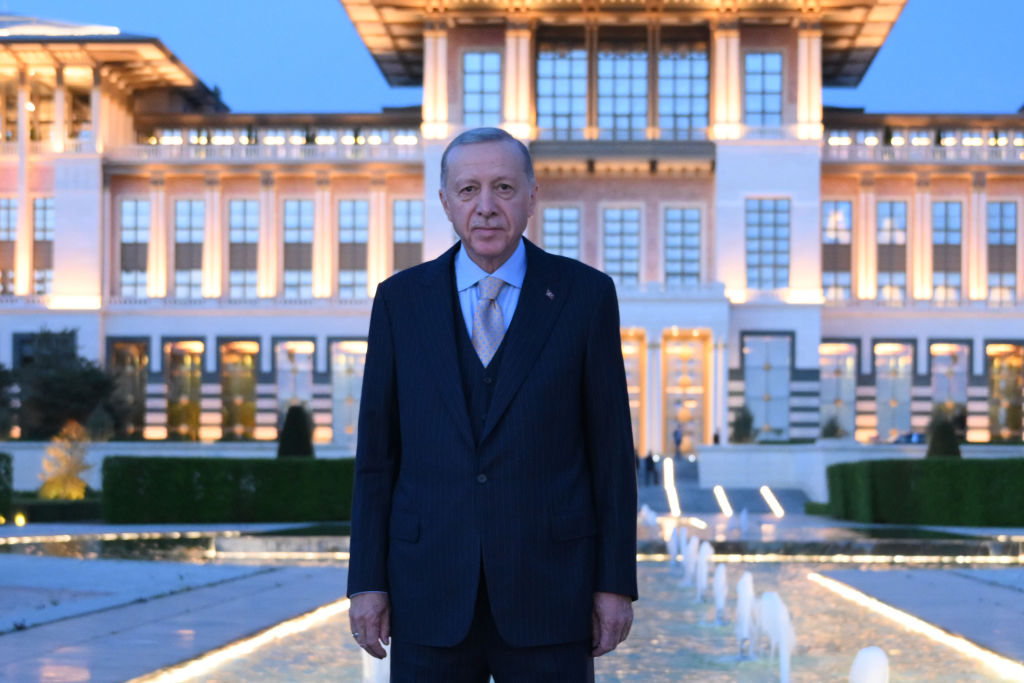Turkey’s influence grows eastwards. That’s welcome

Turkey’s newly strengthened relationship with Somalia raises the prospect of Ankara’s further involvement in Indian Ocean affairs, probably to the benefit of the West.
With Turkey now tilting towards the West after a period of strained relations, its growing presence in the region to its east should be welcomed. Conversely, China cannot be welcoming this development at all.
In February, Somalia and Turkey signed a ground-breaking agreement encompassing defence, security and economic cooperation. This occurred amid escalating tensions between Somalia and Ethiopia.
Somali Prime Minister Hamza Abdi Barre says the agreement’s primary focus is combatting terrorism, piracy, illegal fishing and foreign threats. But it also grants Turkey unrestricted access to Somali territorial waters and greater military presence in Somalia. Turkey also pledges to help bolster Somalia’s naval capabilities, for which purpose Somalia will transfer 30 percent of its marine income to Turkey.
All this allows Turkey, the country with the second-largest military in NATO, to be well ensconced in the northwestern Indian Ocean.
Meanwhile, after a period of difficult relations, Turkey has re-engaged with the West, particularly the United States. Growing Chinese influence in the Middle East and Central Asia may have been a factor behind that move.
In particular, China’s growing presence in Turkey’s periphery and domestic society has worried Ankara. Although Turkey has had positive economic engagement with China, the arrest in February of six Chinese spies in Turkey, China’s active presence in the Balkan Peninsula and Central Asia and its close ties with Iran make Ankara uncomfortable.
Examples of Turkey’s re-engagement with the West include its approval of Sweden’s NATO bid, rapprochement with Greece, increasing defence cooperation with the Britain and other NATO partners and proactive engagement with US officials. So, eastwards expansion of Turkish influence is, on balance, likely to benefit the West.
It will not be limited to military capability nor to the northwestern Indian Ocean.
The latest agreement is part of a larger shift in Turkish foreign policy. It formerly focussed on nearby places—the Middle East, South Caucasus and Mediterranean—but these days, much more ambitiously, extends to the Horn of Africa and beyond.
Since 2019, Turkey has sought to strengthen ties with Japan, South Korea, Southeast Asian nations, Turkic states of Central Asia, and countries in the Horn of Africa. Turkey unveiled its Asia Anew Initiative in 2019 to establish closer ties with Muslim countries and developed economies in East Asia. It has strengthened security and defence cooperation with Malaysia, Bangladesh, South Korea and the Philippines.
Already in the Horn of Africa, Turkey has substantially bolstered its influence through military cooperation with Somalia, Sudan and Ethiopia. Its economic presence in Somalia has been expanding since 2010. Notable achievements include reopening Mogadishu’s ports in 2014 and establishing a military training camp to support the Somali National Army in association with the United States.
While Ankara welcomes Beijing’s Belt and Road Initiative, it does not view Chinese activity in its former Ottoman territory or sphere of influence positively, especially China’s establishment of its first overseas base in Djibouti, at the southern entrance of the Red Sea, in 2017. Turkey later leased the Sudanese port Suakin, halfway up the Red Sea, for 99 years. Moreover, Turkey competes with China more generally in Africa.
Now, the deal between Turkey and Somalia must be discomforting China, which has sought influence in the Horn of Africa beyond Djibouti but is handicapped by its geographical and cultural remoteness from the region.
Turkey’s weight will be minimal in the Far East and Southeast Asia compared with China’s. Yet, Ankara does have advantages that Beijing lacks in these regions: its Muslim identity, a more solid relationship with Japan and South Korea, a lack of territorial disputes with countries there, and defence ties with Malaysia and others. Adding the Gulf, Horn of Africa and Central Asia, Ankara has more room to manoeuvre and a bigger role that it can play.
Turkey will of course look after its interests as it develops new relationships. But the West should recognise and endorse the eastwards move in its influence, which is definitely to China’s disadvantage.